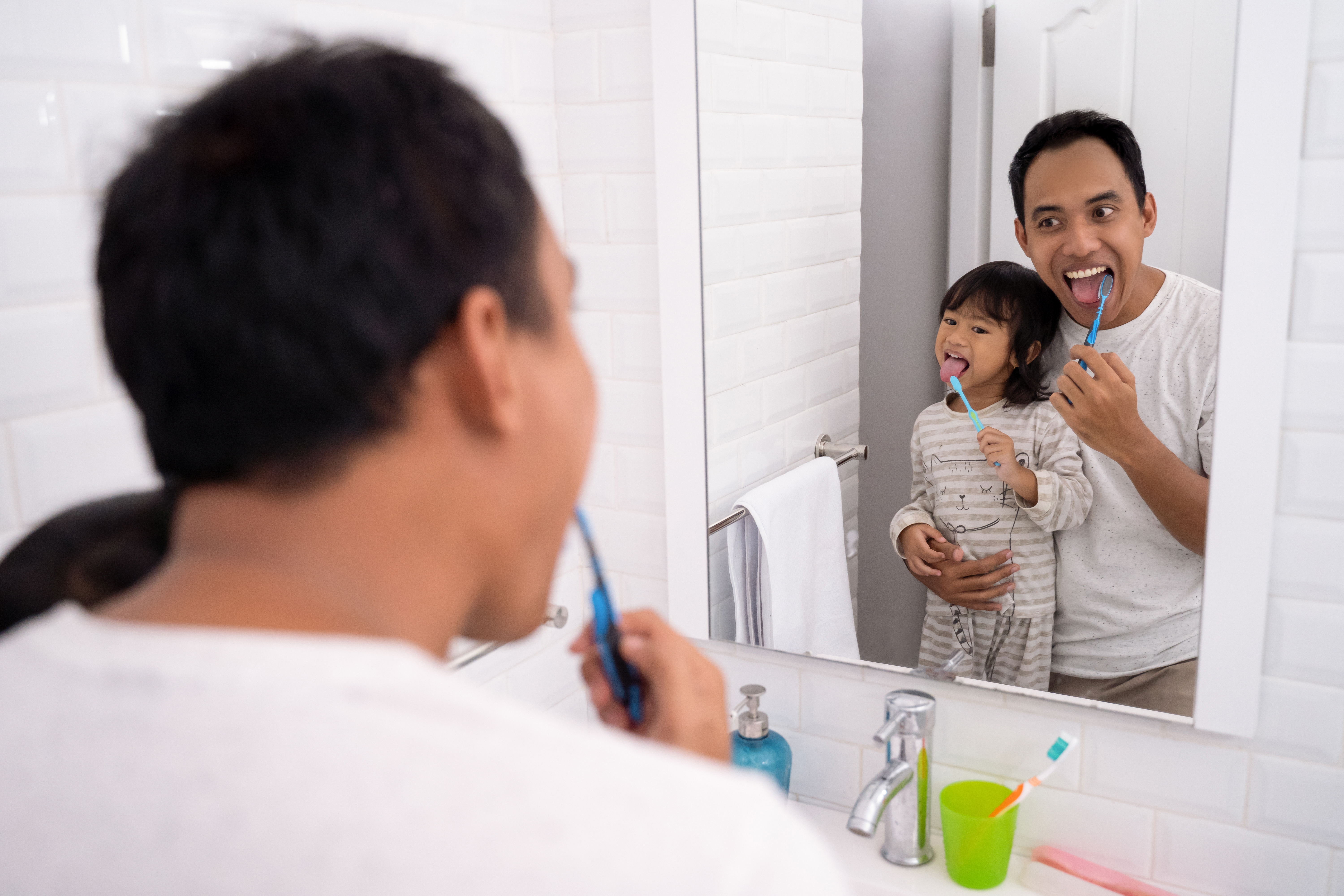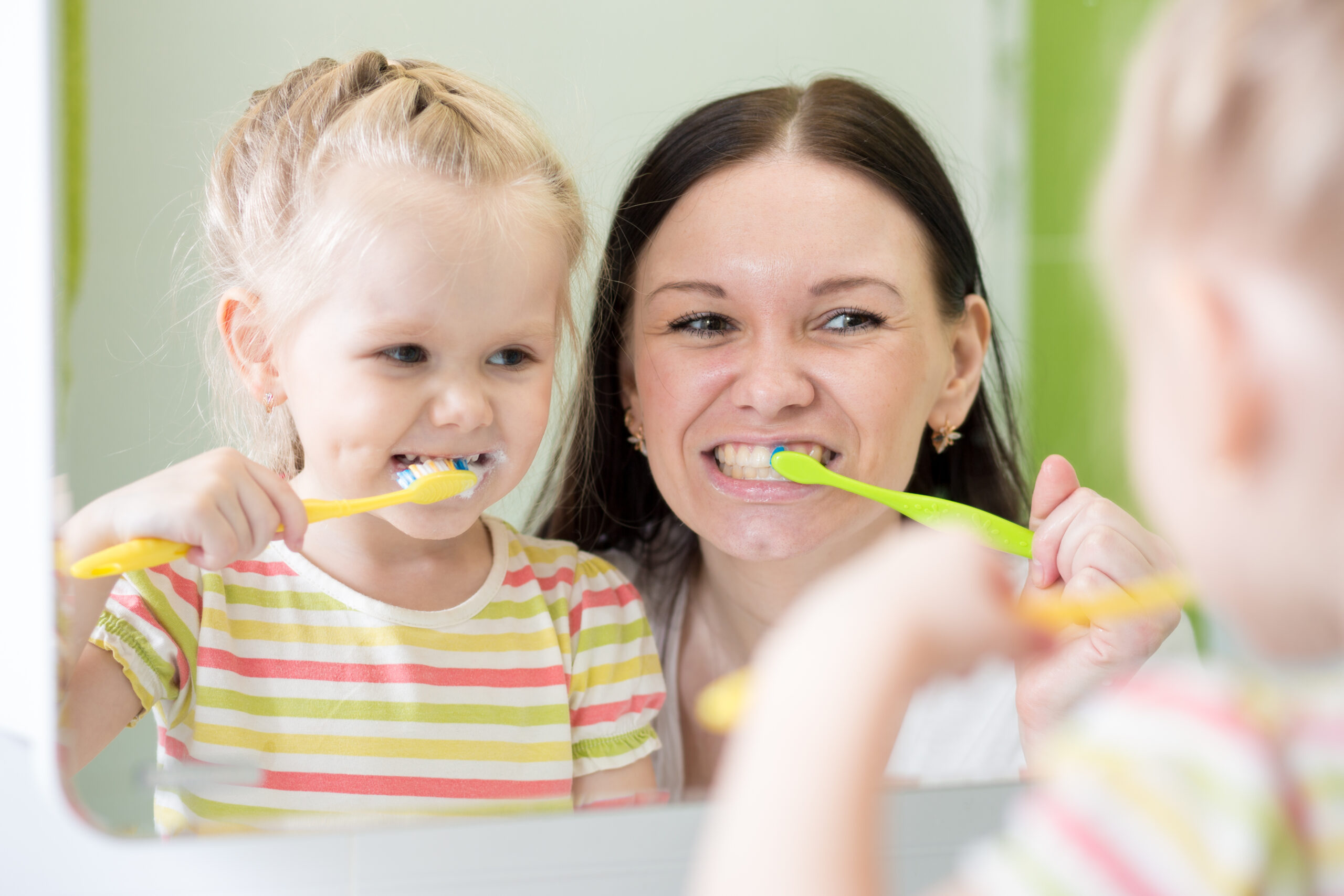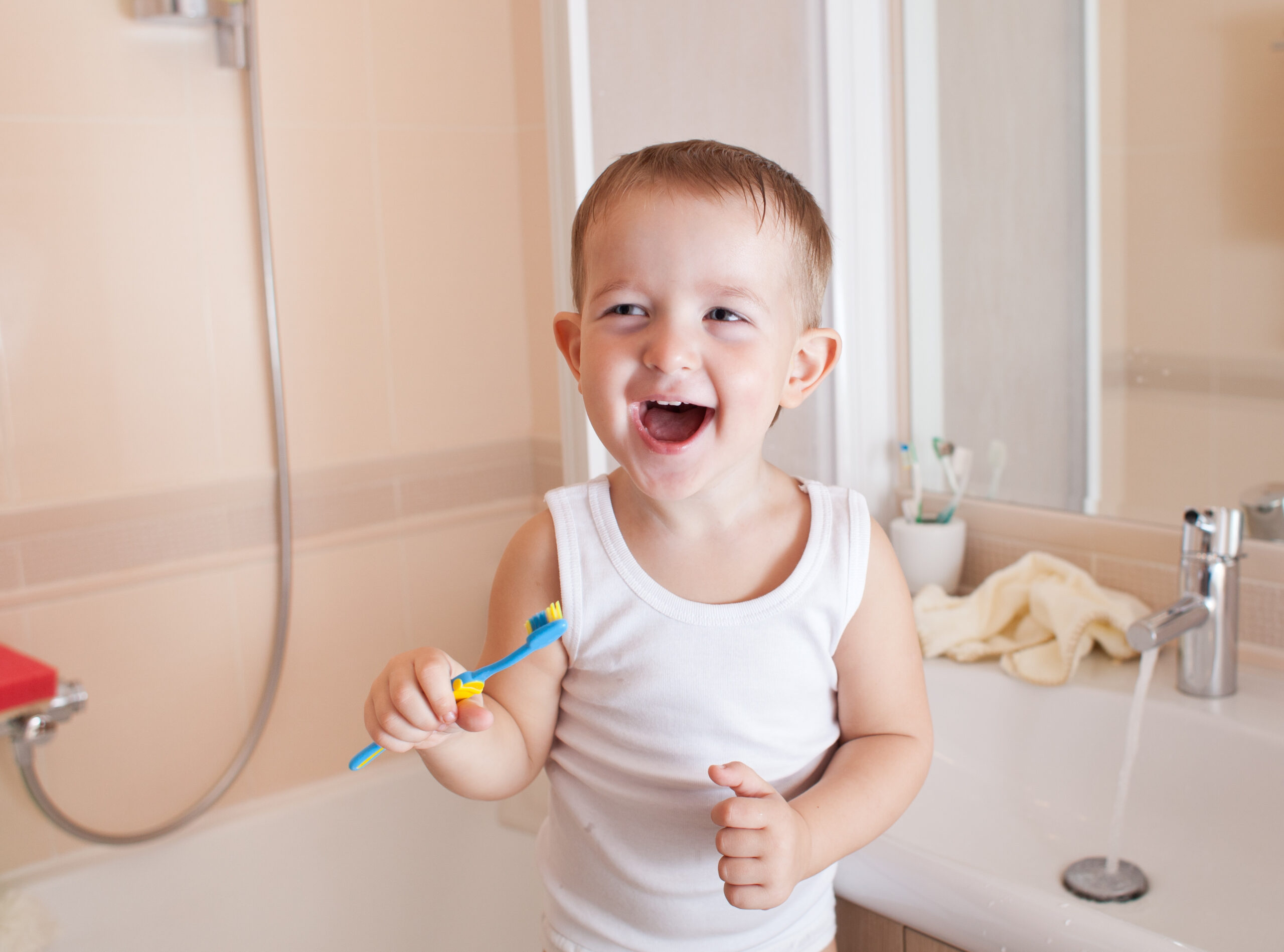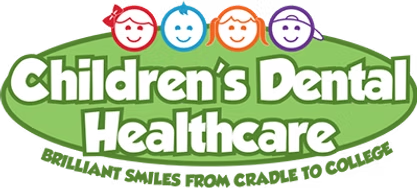
Preschoolers are full of energy, curiosity, and growing independence. Between learning their ABCs and making new friends, they also develop habits that can shape their health for years. Proper dental care is one of the most essential habits to nurture during this stage.
At Children’s Dental Healthcare, we recognize the importance of the preschool years in establishing a solid foundation for lifelong oral health. With the proper guidance, support, and regular care, your child can grow up with a bright, healthy smile.
Why Dental Care Matters for Preschoolers
By the time your child is three to five, most or all of their baby teeth have come in. These teeth are essential in helping your child speak clearly, chew properly, and make room for their permanent teeth. Although baby teeth will eventually fall out, they require just as much care as adult teeth.
Neglecting dental health during these early years can lead to:
- Cavities and pain
- Difficulty eating or speaking
- Fear or anxiety about the dentist
- Early loss of baby teeth, which can affect the alignment
Early intervention helps prevent these problems and creates positive experiences that help your child feel comfortable at the dentist.
Establishing a Daily Routine

Preschoolers are still learning to care for themselves and need help brushing and flossing effectively. Here are some key tips to follow:
- Brush your child’s teeth twice a day with a pea-sized amount of fluoride toothpaste
- Use a soft-bristled toothbrush and replace it every three months
- Begin flossing once any two teeth are touching
- Supervise brushing until your child can do it thoroughly on their own, usually around age six or seven
Make brushing fun by playing music, using a reward chart, or letting your child choose their toothbrush. Building a playful and consistent routine helps kids look forward to brushing time.
Watching Out for Cavities
Tooth decay is one of the most common childhood conditions, but it is almost entirely preventable. Preschoolers may be at a higher risk due to frequent snacking, the consumption of sugary drinks, or inadequate brushing habits.
Help prevent cavities by:
- Limiting sticky snacks like raisins or fruit snacks
- Avoiding juice or milk at bedtime
- Encouraging water between meals
- Teaching your child to rinse after snacks if brushing is not possible
Regular dental visits also play a key role in cavity prevention and early detection.
Visiting the Dentist

Your preschooler should visit the dentist every six months. These visits help monitor tooth development, apply fluoride treatments if needed, and build familiarity with dental care.
At Children’s Dental Healthcare, Dr. Hooman Arjomand (Dr. A) and our team make every visit fun, gentle, and tailored to each child’s age. We use simple explanations, a calming approach, and a kid-friendly environment to help your child feel safe and supported.
Book Your Child’s Visit Today
Give your preschooler the gift of a healthy smile and a positive attitude toward dental care.
Children’s Dental Healthcare
3051 Walkers Line, Unit 9, Burlington, ON
Phone: (905) 332-8880
Email: Burlington@ChildrensDentalHealthcare.com
Website: www.childrensdentalhealthcare.com
Let us help your child smile with confidence from the very start.
FAQ
Q1: Why is dental care necessary for preschoolers?
A: Preschoolers need healthy baby teeth to chew, speak clearly, and hold space for adult teeth. Early care helps prevent cavities and dental anxiety.
Q2: How should I brush my preschooler’s teeth?
A: Brush twice a day with a pea-sized amount of fluoride toothpaste and a soft toothbrush. Help your child until they can brush effectively on their own—around age 6 or 7.
Q3: What foods can cause cavities in preschoolers?
A: Sticky snacks like raisins and fruit snacks, sugary drinks, and milk before bed can lead to tooth decay. Offer water between meals and limit your intake of sugary treats.
Q4: How often should my preschooler see the dentist?
A: Every six months. Regular visits help monitor dental development, apply fluoride if needed, and make your child comfortable with dental care.
Q5: How can I make brushing fun for my preschooler?
A: Use music, reward charts, fun toothbrushes, or brush together as a family. A playful routine helps make brushing feel like a positive daily habit.
